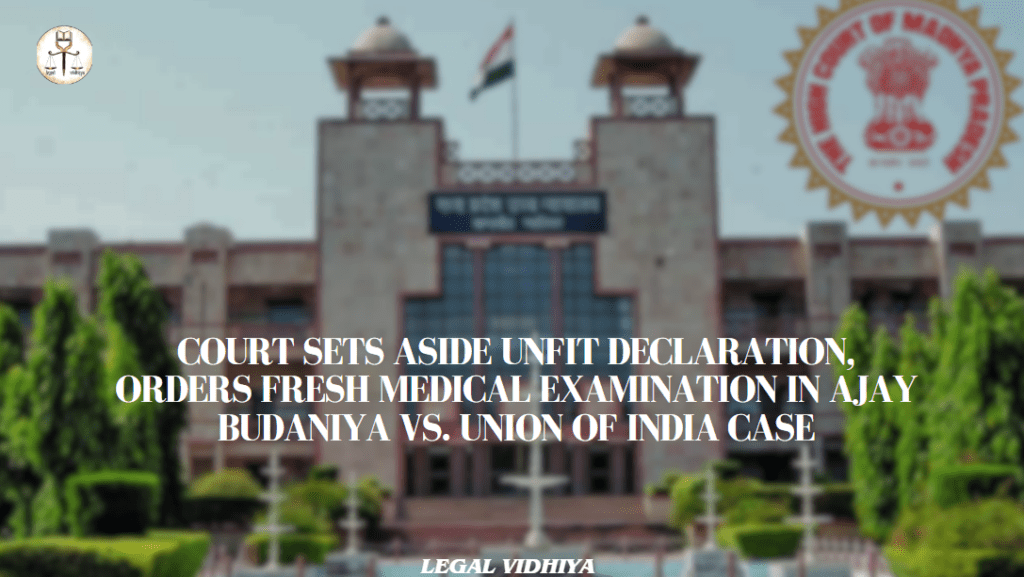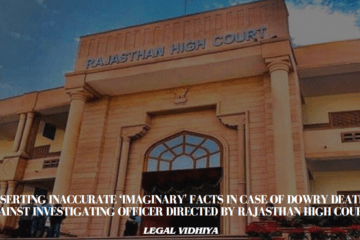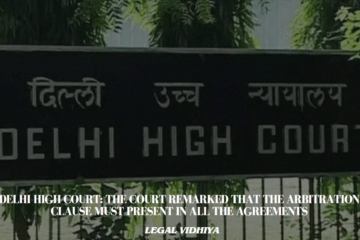
The Hon’ble High Court of Madhya Pradesh allowed the petitioner’s plea to call the Police Investigating Officers (IOs) as witnesses in a cross-case filed by another man as an accused in another closely related case
The present case revolved the petitioner being one of the accused in a case where a man was abused and beaten up in 2018. The petitioner was accused of orally and physically assaulting the man with pointed weapons, when he and three others went to bath on a river. Based on these facts, an FIR was lodged against the petitioner alleging the commission of offences under sections 147, 148, 149, 307, 323, 294 of the IPC, as well as under sections 3(2) (v-a), 3(1)(R) of the Scheduled Castes and Scheduled Tribes (Prevention of Atrocities), Act 1989.
At the same time, a cross-case was filed by the petitioner accusing the informant in the above case of committing offences under sections 294, 323, 324, 506 and 34 of the IPC. The petitioner then sought to produce as witness in cross-case the Police Investigating Officers (IOs) investigating the case against him.
The trial court dismissed his application, and the petitioner challenged the trial court’s decision before the Hon’ble High Court of Madhya Pradesh.
The petitioner’s counsel informed the Hon’ble High Court that he wished to call the IOs as witnesses in the cross-case.
The counsel appearing for the State opposed the plea, arguing that since the petitioner appeared before the trial court as a defence witness and gave his evidence there as such witness, it would a useless exercise of calling the Police Investigating Officers (IOs).
The Hon’ble High Court of Madhya Pradesh reasoned that calling the Police Investigating Officers (IOs) as witnesses would only aid the cause of justice, as the exact nature, role, or motive, or nature of the allegation could be factually benefitted. Justice would ultimately emerge as a beneficiary in such a case before in this manner, truth would ultimately come out regarding the exact nature of the incident. The court further noted that the petitioner application, when allowed, would not lead to any prejudice.
Thus, the Single Judge Bench of the Hon’ble High Court of Madhya Pradesh allowed the petitioner’s plea so as to prevent miscarriage of justice and to serve the needs and calls of justice.
The Single Judge Bench of Justice Anand Pathak of the Hon’ble High Court of Madhya Pradesh pronounced this order.
CASE NAME: Veer Singh vs. The State of Madhya Pradesh (Decided on 9th January, 2024).
Aditya Paul, 5th Year Student, Adamas University, Intern Under Legal Vidhiya.
Disclaimer: The materials provided herein are intended solely for informational purposes. Accessing or using the site or the materials does not establish an attorney-client relationship. The information presented on this site is not to be construed as legal or professional advice, and it should not be relied upon for such purposes or used as a substitute for advice from a licensed attorney in your state. Additionally, the viewpoint presented by the author is of a personal nature.




0 Comments